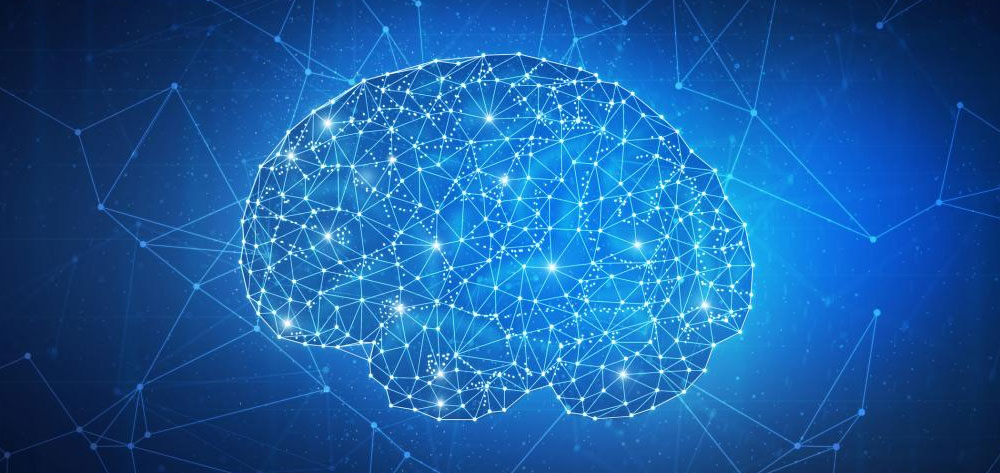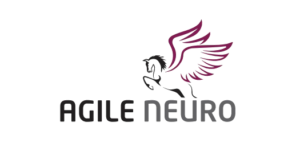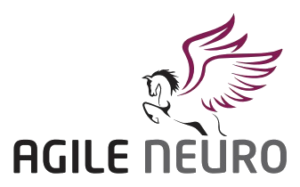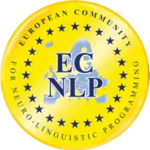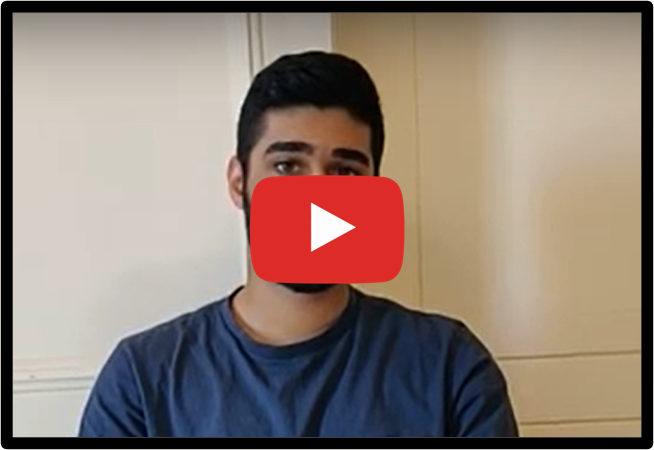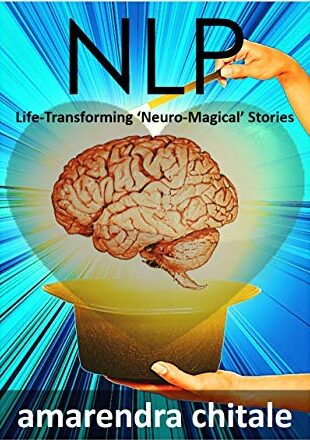Neuro Linguistic Programming (NLP) Practitioner Certification Training
Course Duration: 5 Days
Online Course Duration: 16 Days | 2 Hours per day
NLP (Neuro-Linguistic Programming) is a part of neuroscience which deals with how the brain can be programmed to change the way we think, feel, and process experiences. NLP is all about upgrading the software of your brain to achieve excellence in any walk of life, be it professional or personal. Over the years, we have seen that people who have learnt NLP have been able to improve their interpersonal interactions and skills, relationships, parenting strategies, professional life, overall personal life and have become very productive in anything they do. If you aren’t using NLP, then you are working too hard. We are offering International Certification accredited to European Community of NLP and are following the course structure and outline as per ECNLP.
Key NLP Interventions during the course:
- Understanding the brain and neurology
- Defining Well-formed outcomes (important to set goals in all areas of life)
- Neurological levels model for Problem-solving model (for self and others)
- Understanding Cause and Effect (being at the solution end)
- Understanding Learning styles/ Representational systems (for a better connect and rapport with others)
- Sensory Acuity (for calibrating other people to recognize and utilize physiological cues and states)
- Techniques of how to build Rapport (range of applications in day-to-day personal and professional life)
- Sub-modalities (applications in taking away unwanted obsessions and cravings and helps in building the right motivation in various scenarios)
- Managing personal states (being in the right state of mind even in overwhelming situations)
- Anchoring (dealing with limiting beliefs, self-motivation, feeling differently about the past, Coaching applications)
- Achieving and maintaining States of Excellence
- Parts integration (dealing with dilemmas)
- Perceptual Positions (effective Conflict Management Skill, getting wisdom from multiple perspectives)
- Strategies for learning, motivation, decision making and creativity
- Elicit and utilize strategies of Excellence, modelling a skill for accelerated learning
- Recognizing and utilizing effective Language Patterns for the right results
- Learning time-based techniques for dealing with traumas
- Phobia cure technique to deal with irrational fears
Key take-aways:
- How to increase your own productivity and help others grow theirs
- Interventions in dealing with your limiting beliefs, fears and phobias
- Manage stress and face challenging situations more effectively
- Ways to motivate self and others
- Interventions to deal with uncomfortable situations and difficult people
- Dealing with negative emotions (anger, fear, grief, hurt etc.) and negative self-talk
- Build rapport and manage relationships
- Modelling techniques to accelerate Learning to achieve excellence in any field
- Do away with unwanted habits and addiction
- Helping other people transform their lives
Frequently Asked Questions – NLP Certification
Register for NLP Practitioner Certification Training
To Register for upcoming NLP course, fill the form below:
